Optimal Timing for Water Treatments
Water treatments are essential for maintaining water quality and ensuring safety in various settings. Timing plays a crucial role in maximizing the effectiveness of treatments, whether for residential, commercial, or industrial purposes. Proper scheduling can prevent issues such as contamination, scaling, and corrosion, leading to longer-lasting systems and healthier water supplies.
Spring is an ideal time for water treatments as outdoor systems are more accessible and less affected by freezing temperatures. It allows for maintenance before peak usage seasons.
Preparing water systems before the summer months helps prevent algae growth and bacterial buildup when usage increases.
After high usage periods, treatments can address accumulated sediments and contaminants, restoring water quality.
Regular treatments, typically every 6 to 12 months, ensure consistent water quality and system longevity.
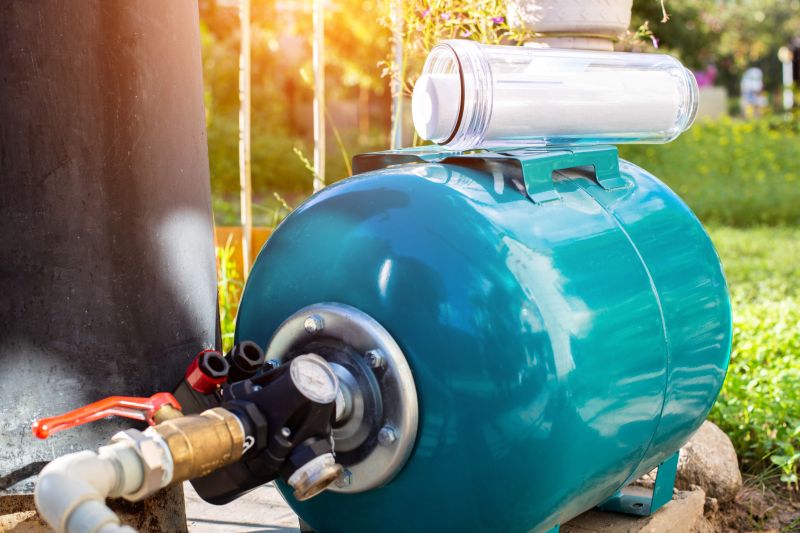
Water treatment systems installed outdoors during spring.
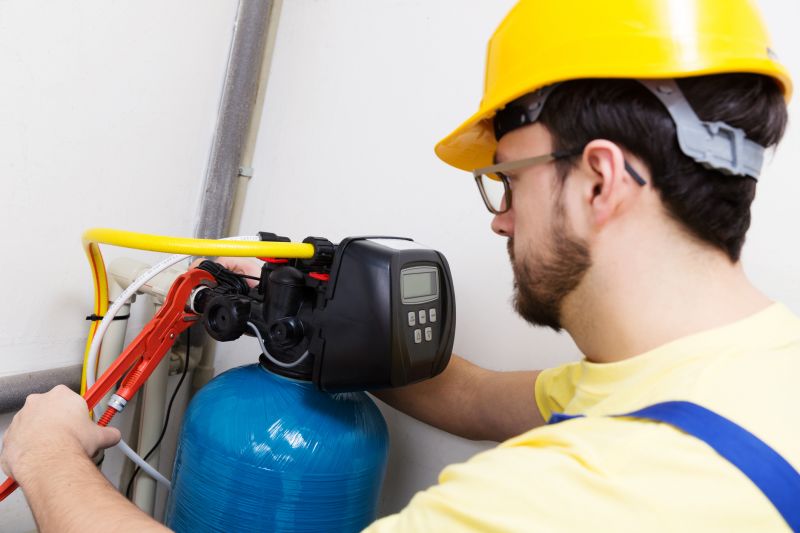
Technicians performing system checks in mild weather.
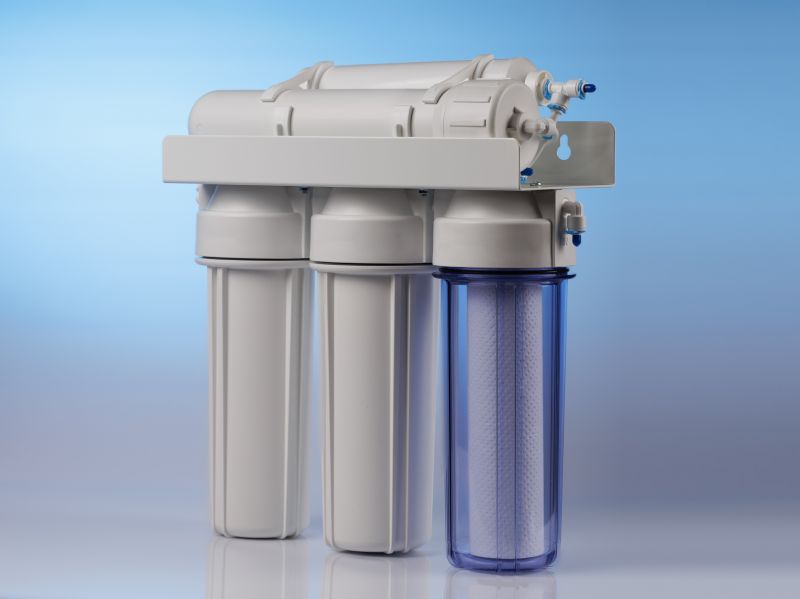
Filtered water systems in operation during optimal seasons.
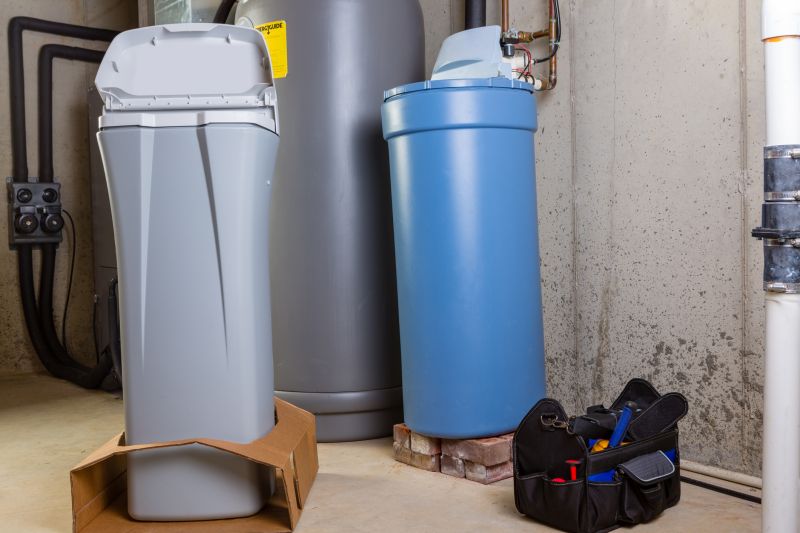
Ways to make Water Treatments work in tight or awkward layouts.
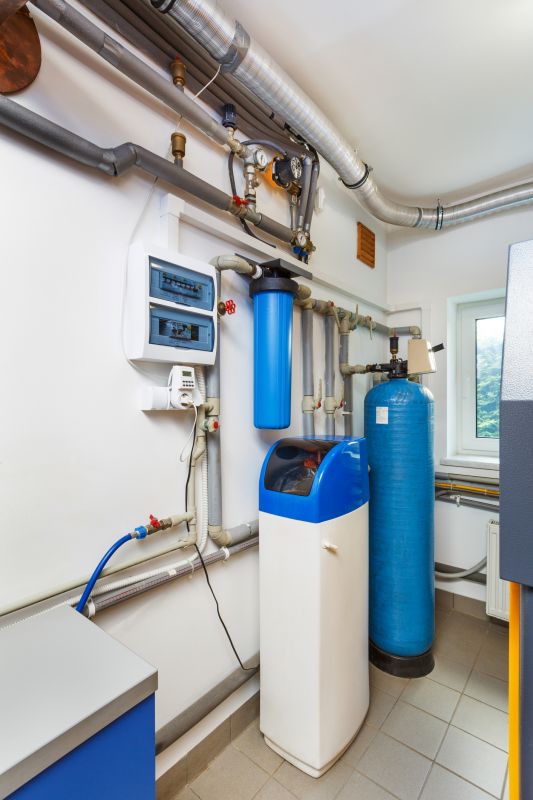
Popular materials for Water Treatments and why they hold up over time.
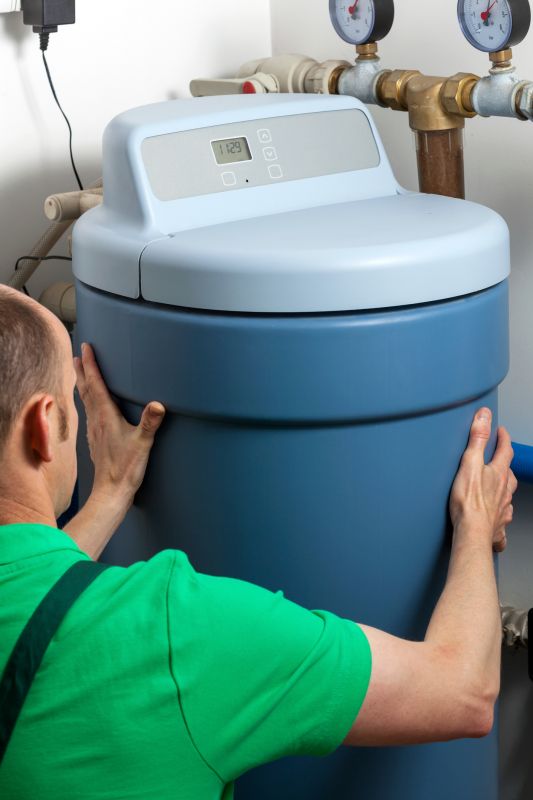
Simple add-ons that improve Water Treatments without blowing the budget.
| Season | Recommended Treatment Timing |
|---|---|
| Spring | Pre-peak season treatments to prepare systems. |
| Summer | Routine maintenance and treatment for high usage. |
| Fall | Post-season treatments to address sediment buildup. |
| Winter | Minimal treatments unless systems are outdoors. |
Water treatments involve various processes such as filtration, disinfection, and chemical adjustments to improve water quality. Proper timing ensures these processes are most effective, preventing issues like scale formation, corrosion, and microbial growth. Regularly scheduled treatments can extend the lifespan of water systems and ensure compliance with health standards.
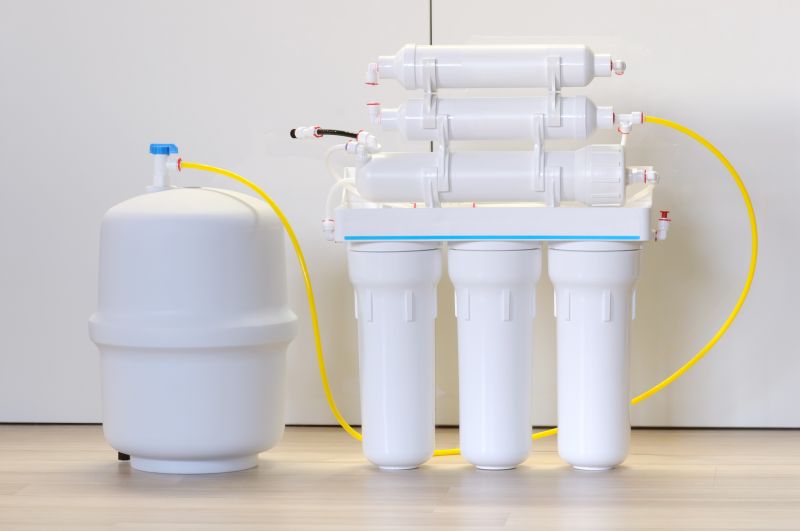
Facility performing water purification.
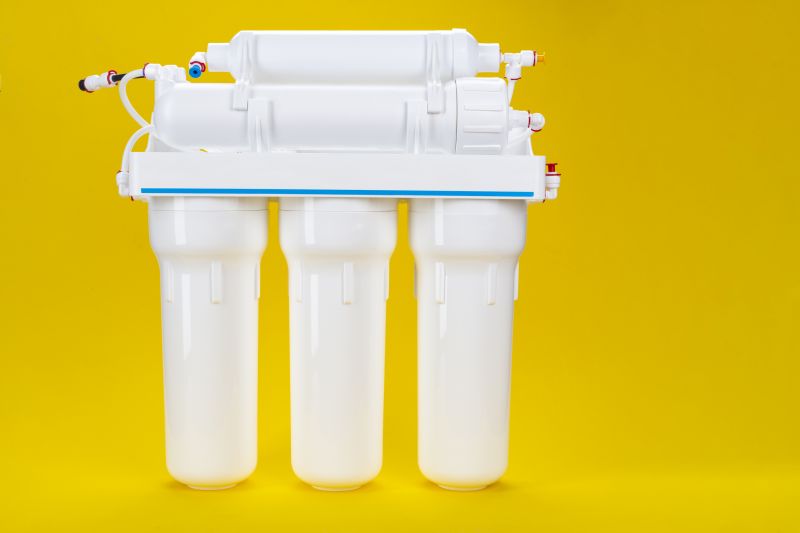
Application of treatment chemicals to water sources.
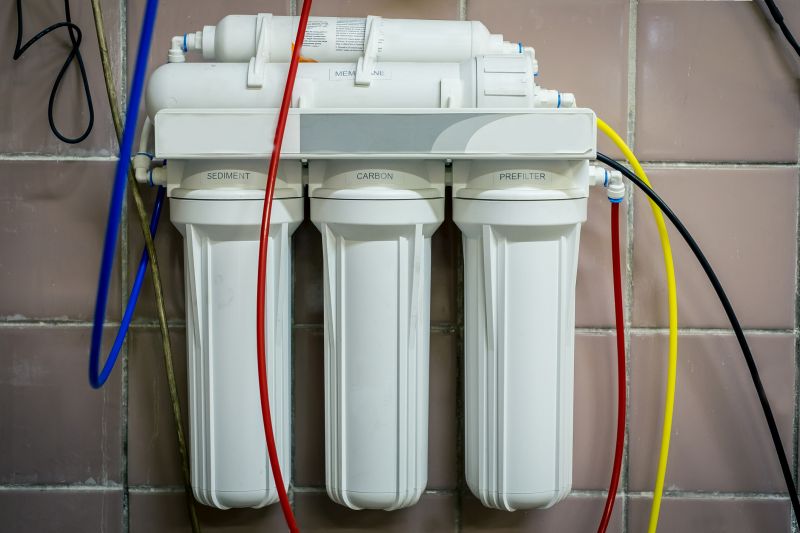
Advanced filters removing contaminants.
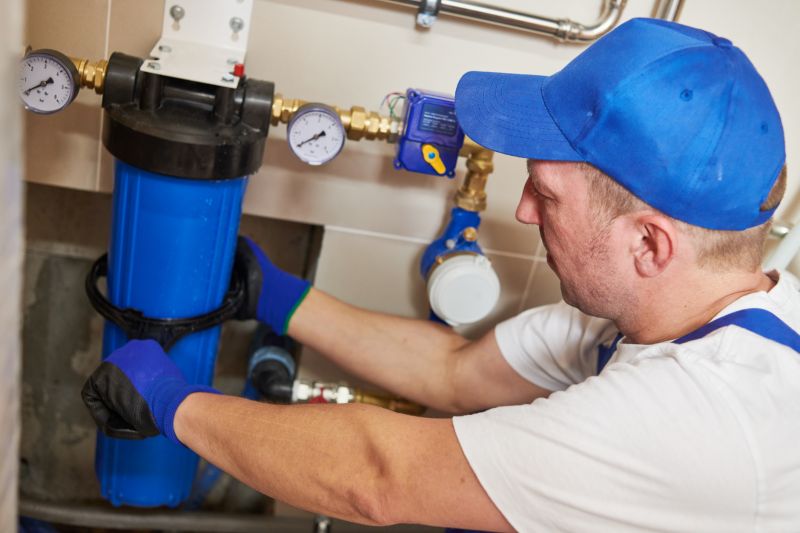
Sampling and analysis for quality assurance.
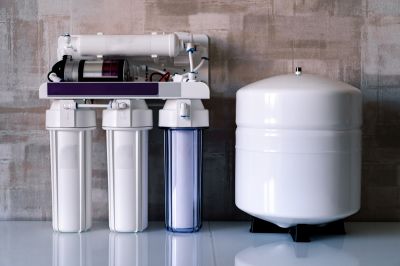
High-end options that actually feel worth it for Water Treatments.
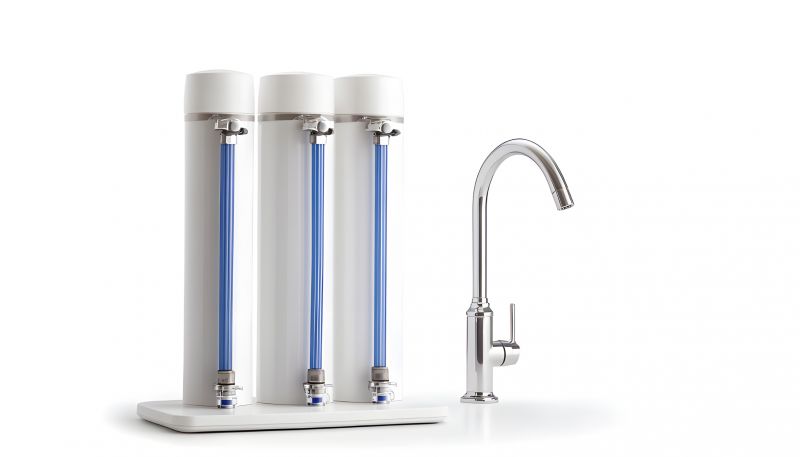
Finishes and colors that play nicely with Water Treatments.
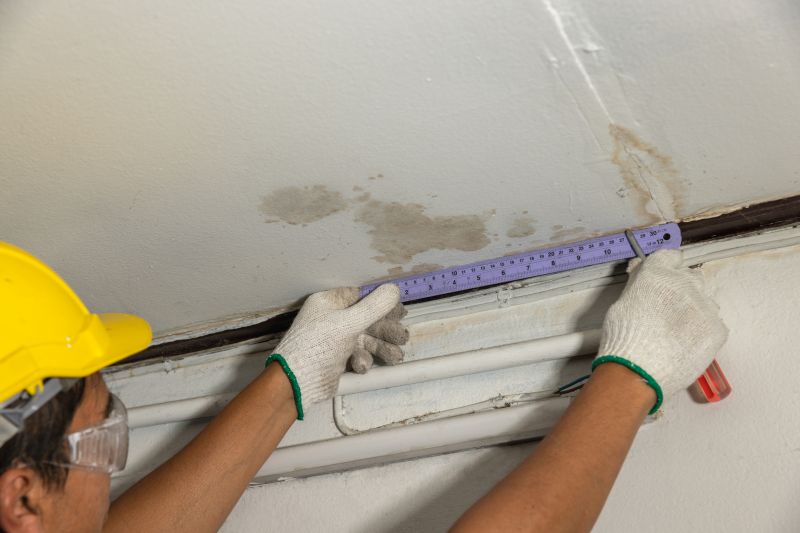
Little measurements that prevent headaches on Water Treatments day.
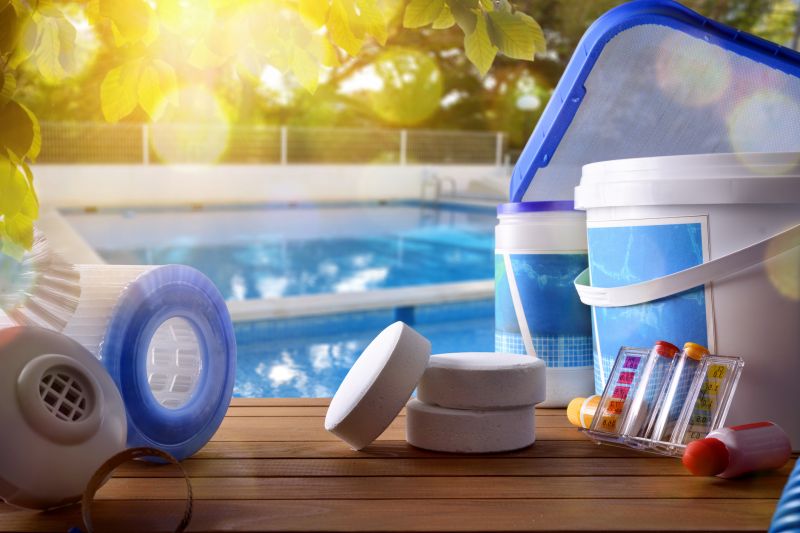
A 60-second routine that keeps Water Treatments looking new.
Scheduling water treatments at appropriate times enhances system performance and water safety. Consulting with water treatment professionals can help determine the optimal treatment schedule based on local conditions and system needs. Proper timing reduces operational costs and minimizes downtime.
Interested in scheduling water treatments? Fill out the contact form for more information.

